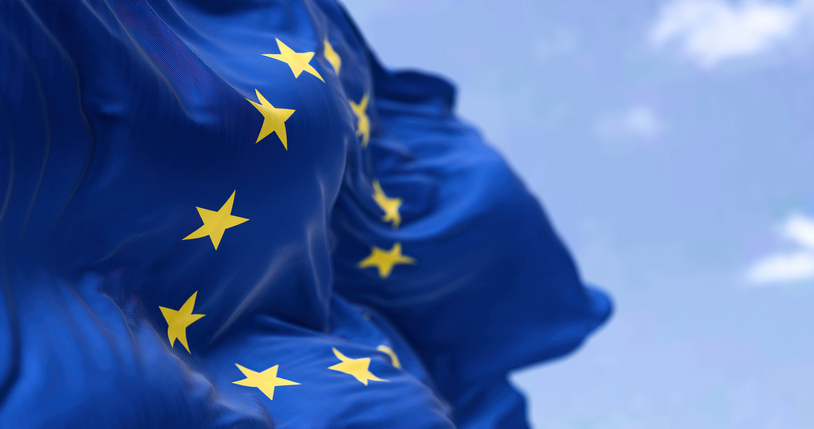

The Brief
The European Regional Development Fund (ERDF) is one of the structural and investment funds of the European Union (EU), established to support economic and social cohesion by reducing regional disparities across Europe. The ERDF provides financial assistance to various projects and initiatives aimed at promoting regional development and improving the quality of life in less-developed regions.
The main objective of the ERDF is to contribute to balanced and sustainable development in the EU, boosting economic growth, competitiveness, and creating jobs in the regions that need it most. It supports investments in areas such as infrastructure development, innovation, research and development, environmental sustainability, and employment.
Management and implementation of the ERDF are carried out at the national and regional levels in partnership with the European Commission, with national and regional authorities taking responsibility for selecting projects that align with the fund’s objectives, managing funds, and ensuring the effective use of resources.
Winning Moves was part of a consortium commissioned by the Department for Levelling Up, Housing and Communities (DLUHC) to evaluate the impacts of the national ERDF programme in England from 2014 to 2020. Building on work undertaken in two earlier phases of evaluation, the main goals of the evaluation were to provide:
- An assessment of programme relevance, appropriateness, and consistency
- A review of performance against financial and output targets
- An evaluation of delivery and process
- An evaluation of impacts arising from the programme
- An economic evaluation and assessment of value for money.
Our main role was to inform the evaluation by gathering primary research evidence and feedback from a large enough sample of the several thousands of businesses receiving support, to draw meaningful conclusions.
The Solution
The work elements led by Winning Moves involved a large programme of telephone interviews and sample surveys of businesses that had benefitted from start-up, SME competitiveness, research and innovation, and resource efficiency support over the previous three years.
Surveys of programme beneficiaries were conducted to draw out detailed insights into the experience and outcomes of support across different programme intervention areas.
Our team also carried out longitudinal surveys capturing longer term impacts for beneficiaries supported during the 2018-20 period and interviewed in earlier phases of the evaluation.
The surveys were limited to those for whom email, telephone and / or postal address contact details were available. We adopted a hybrid push to web / telephone survey approach, with our recruitment approach being tailored based on contact detail availability to maximise the chances of reaching and securing beneficiary responses. Where possible, we offered opportunity to complete the survey either online or via telephone to further maximise the overall response rate.
The Outcome
Using the mixed-method, multi-mode approach, Winning Moves was successful in securing responses from more than 4,000 businesses with response rates for individual surveys between 22%-29%, providing robust, representative samples for analysis.
The report produced by Winning Moves, in conjunction with wider evaluation outputs produced by other members of the consortium, have enabled DLUHC to understand (a) the process of implementation and delivery of the projects funded through the programme and (b) whether and how this resulted in the intended outcomes and impact.
Whilst the national evaluation of the ERDF programme was commissioned to meet a regulatory requirement, DLUHC will use the findings of this and earlier rounds of the evaluation in the development and delivery of successor domestic funds, including the UK Shared Prosperity Fund.
The ERDF programme continued to invest in projects in England beyond the end of the transition period. However, funding for these projects must be finished by the end of 2023.
